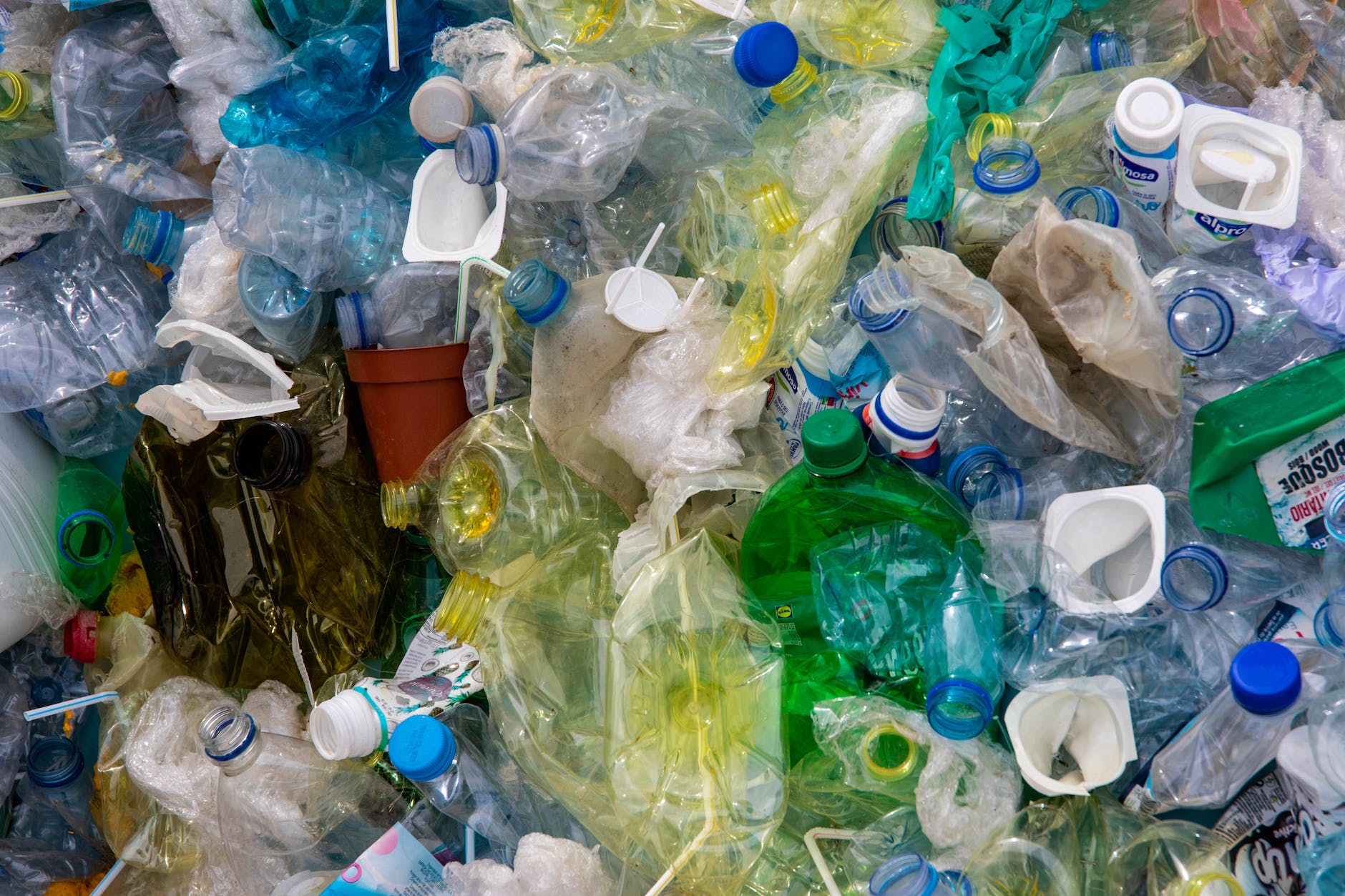 hen it comes to waste management and recycling, Sweden has emerged as a global leader. The country has achieved an astonishing recycling rate of 99%, setting a benchmark for sustainable waste management practices. Through a combination of innovative policies, advanced technologies, and a strong commitment to environmental responsibility, Sweden has demonstrated that it is possible to achieve remarkable recycling rates. In this article, we will delve into the factors that have contributed to Sweden’s success in waste recycling, exploring their recycling infrastructure, waste-to-energy initiatives, public participation, and the potential lessons that other nations can learn from their experience.
hen it comes to waste management and recycling, Sweden has emerged as a global leader. The country has achieved an astonishing recycling rate of 99%, setting a benchmark for sustainable waste management practices. Through a combination of innovative policies, advanced technologies, and a strong commitment to environmental responsibility, Sweden has demonstrated that it is possible to achieve remarkable recycling rates. In this article, we will delve into the factors that have contributed to Sweden’s success in waste recycling, exploring their recycling infrastructure, waste-to-energy initiatives, public participation, and the potential lessons that other nations can learn from their experience.
A Well-Structured Recycling Infrastructure
At the core of Sweden’s waste management strategy is a comprehensive waste sorting system. The country has implemented a strict source separation policy, requiring citizens and businesses to segregate their waste into different categories such as paper, plastic, metal, glass, and organic waste. This meticulous separation enables efficient recycling and ensures that materials are properly processed and reused.
Sweden boasts an extensive network of recycling stations, making it convenient for individuals to properly dispose of their recyclable materials. These stations are strategically located across cities and towns, allowing residents to easily access recycling facilities and drop off their sorted waste.
To further optimize recycling efforts, Sweden has invested in advanced waste treatment facilities. These facilities utilize cutting-edge technologies such as mechanical sorting, biological treatment, and chemical processes to extract valuable resources from waste materials. This enables the recovery of materials that were previously difficult to recycle, further reducing the amount of waste that ends up in landfills.
Waste-to-Energy Initiatives
One of the key pillars of Sweden’s waste management strategy is the utilization of waste-to-energy initiatives. In cases where recycling is not feasible or economically viable, non-recyclable waste is incinerated in state-of-the-art waste-to-energy plants. These plants generate electricity and heat, which are then used to power homes, businesses, and district heating systems. By converting waste into energy, Sweden reduces its reliance on fossil fuels and contributes to a more sustainable energy mix.
Sweden’s waste-to-energy plants prioritize energy efficiency, employing advanced technologies to maximize energy generation from waste. Heat produced during the incineration process is captured and used for district heating systems, providing warmth to buildings and reducing the need for additional energy sources. This approach ensures that the energy potential of waste is fully utilized, minimizing environmental impact and promoting a circular economy.
While waste-to-energy plays a significant role in Sweden’s waste management strategy, the country is actively working towards a zero waste society. Efforts are being made to continually improve recycling techniques, increase waste prevention measures, and explore innovative solutions for reducing waste generation. The aim is to minimize the reliance on waste-to-energy and prioritize recycling as the primary means of waste management.
Public Participation and Education
Sweden’s success in waste recycling can be attributed, in part, to the active participation and environmental consciousness of its citizens. The Swedish population has embraced a culture of environmental responsibility, understanding the importance of proper waste management and recycling. The government has also played a crucial role in fostering this culture by implementing educational campaigns, raising awareness about the benefits of recycling, and providing clear guidelines for waste sorting and disposal.
Sweden’s commitment to environmental sustainability is reinforced by strong government policies and incentives. The government has implemented regulations and legislation to promote recycling and waste reduction. It has also introduced economic incentives, such as reduced taxes on recycled materials and increased fees for landfilling waste, to encourage businesses and individuals to prioritize recycling.
Successful waste management in Sweden is a result of collaboration between the government, businesses, and citizens. The government works closely with municipalities, waste management companies, and recycling organizations to develop and implement effective waste management strategies. Public-private partnerships have been instrumental in driving innovation, improving recycling infrastructure, and ensuring the efficient collection and processing of recyclable materials.
Sweden’s achievement of recycling 99% of its waste is a remarkable feat that showcases the country’s commitment to environmental sustainability. Through a combination of well-structured recycling infrastructure, waste-to-energy initiatives, public participation, and educational campaigns, Sweden has set a global example for waste management practices. The success of their approach highlights the importance of comprehensive waste sorting, utilization of advanced technologies, and fostering a culture of environmental responsibility. As countries worldwide face the challenge of managing increasing amounts of waste, Sweden’s experience offers valuable insights and lessons for creating sustainable waste management systems.
Avid Writer with invaluable knowledge of Humanity!
Upcoming historian with over 30 million views online.
“You make your own life.”





